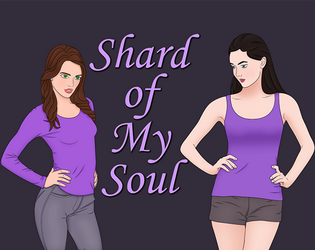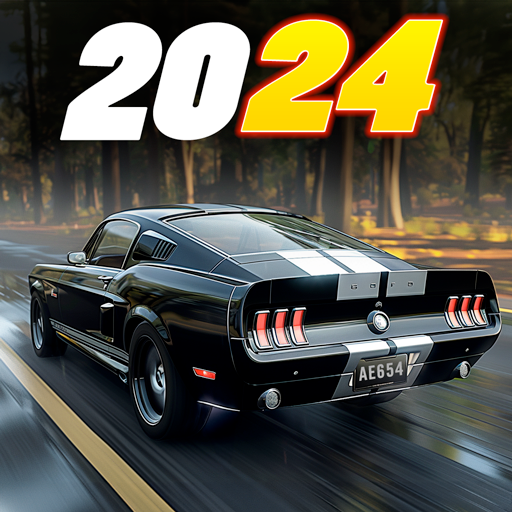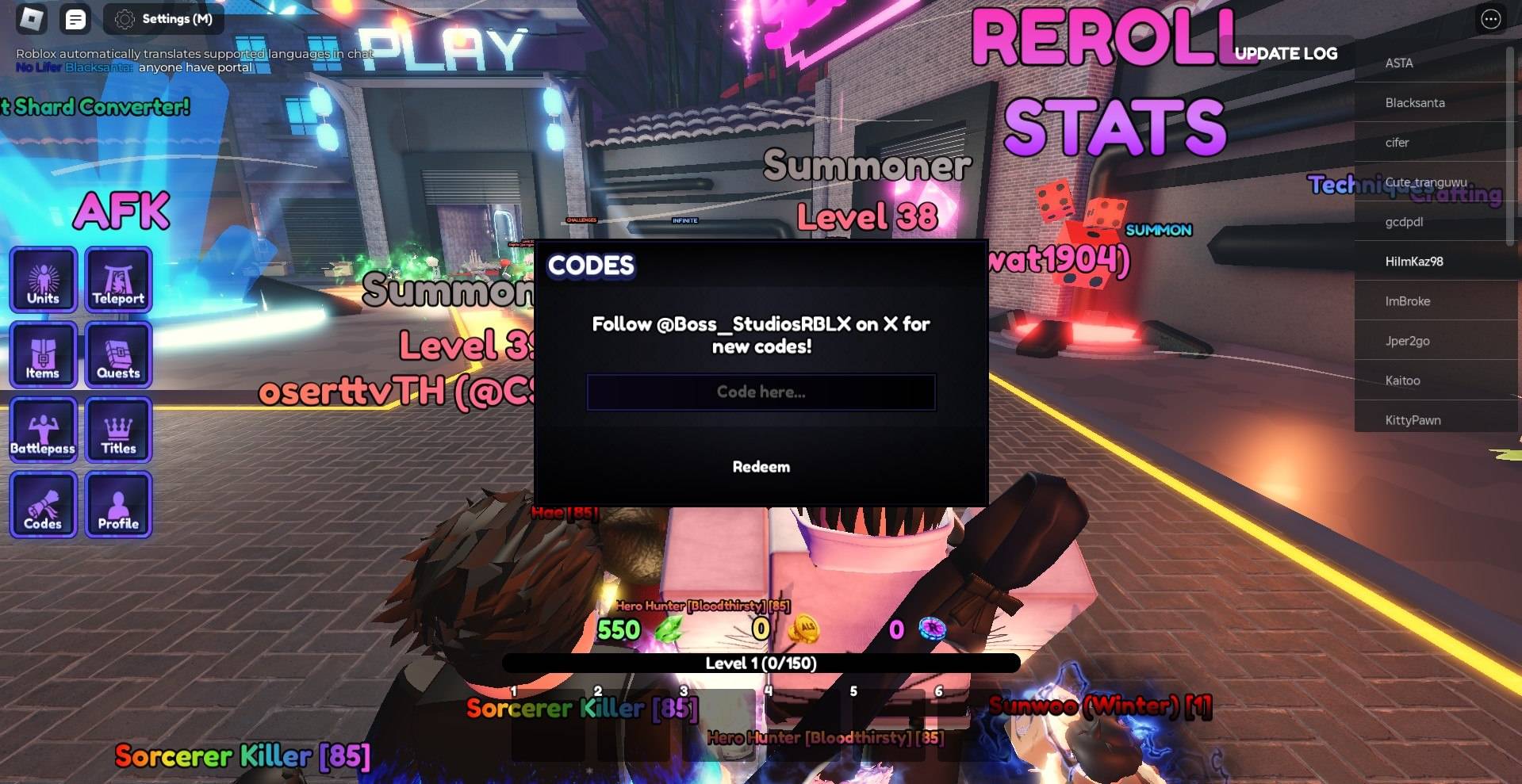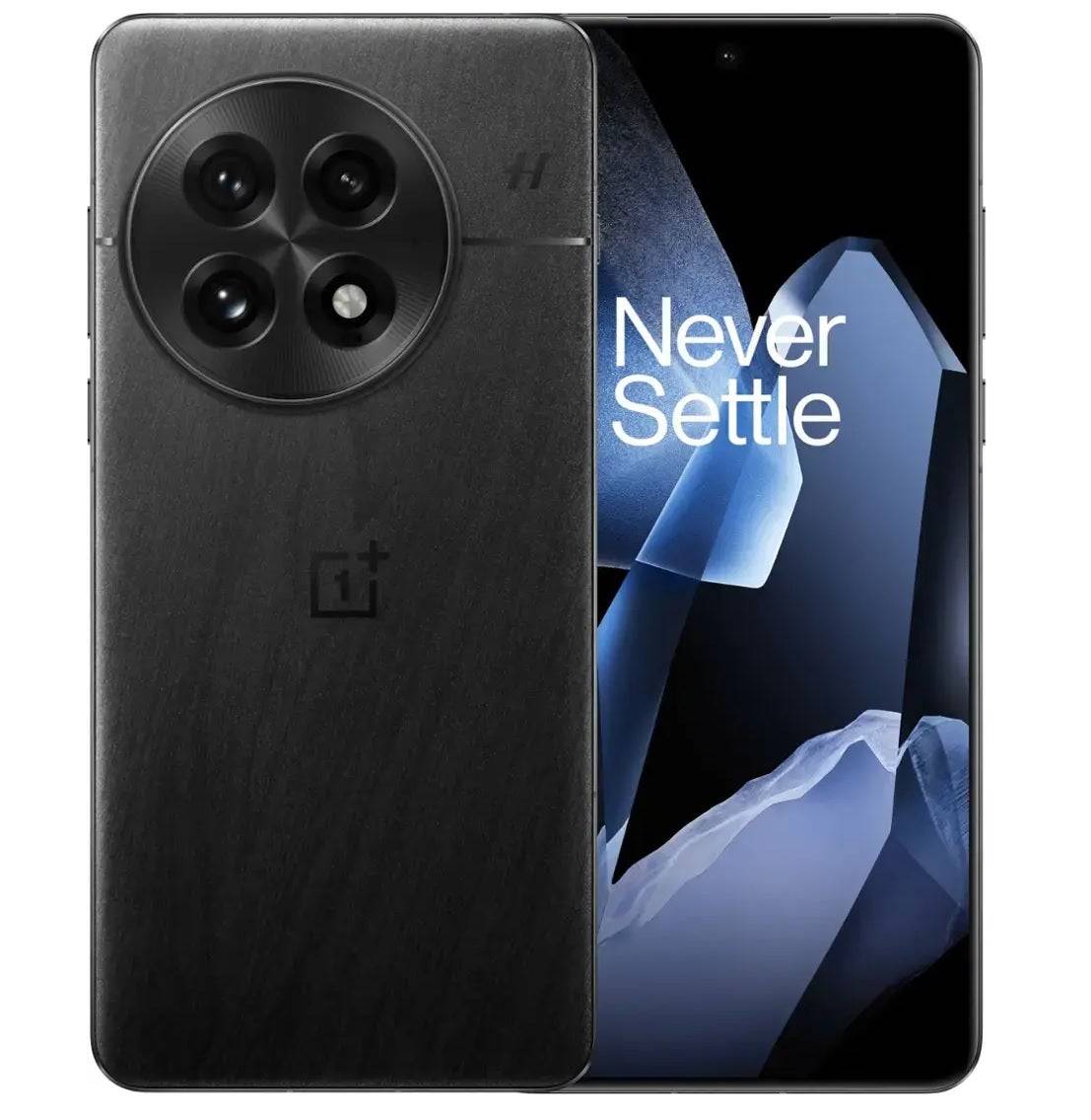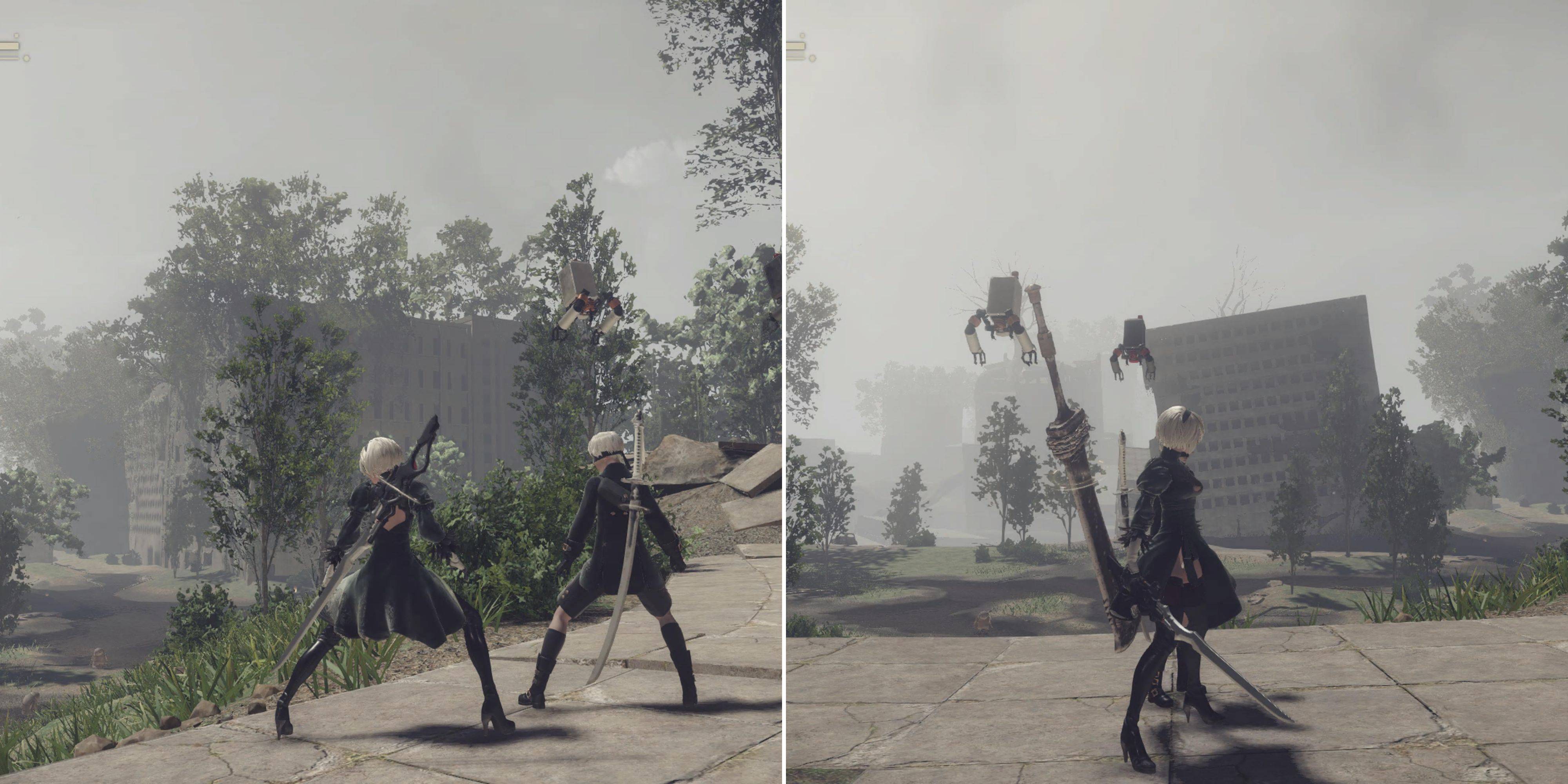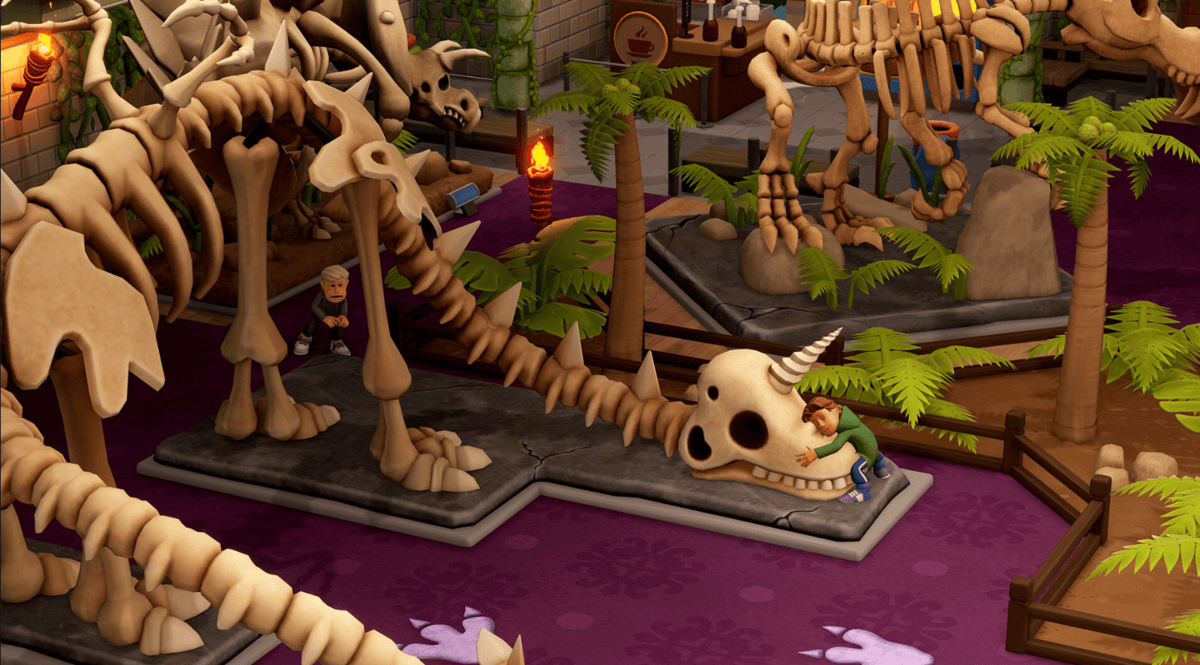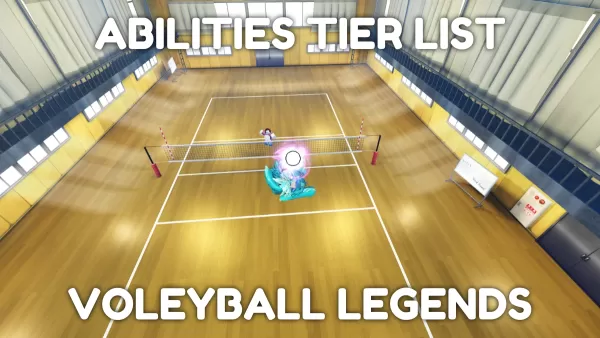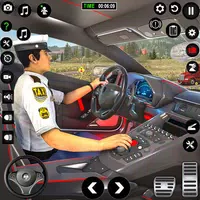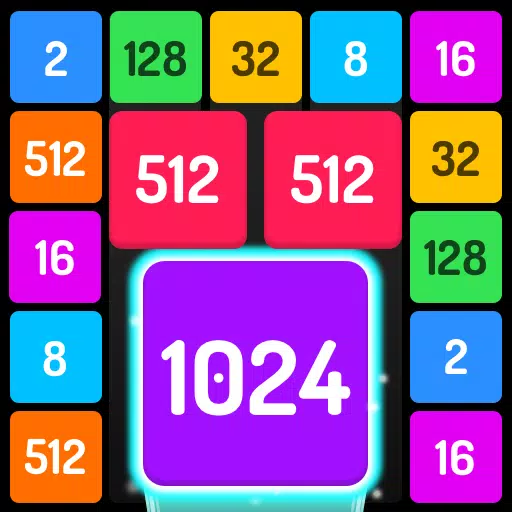Xbox Reveals Next-Gen RPGs Featuring Wild Customization
As Booker DeWitt arrives in the floating city of Columbia in BioShock Infinite, local authorities scramble to identify the "False Prophet" they've long anticipated. Their years of stoking xenophobic paranoia backfire—eyewitness accounts paint wildly contradictory portraits of the outsider. Radio reports describe him as either a mixed-race dwarf or a one-eyed Frenchman under five feet tall.
The absurdity peaks when DeWitt overhears a sketch artist's struggle: "Taller... no, slimmer. Eyes wider apart. Hair red and curly? Definitely Irish-looking. And you can always spot an anarchist." This brilliant satire reveals how irrational fear distorts perception—a subtle masterstroke from developer Irrational Games that exposes a society crumbling under its own prejudice.
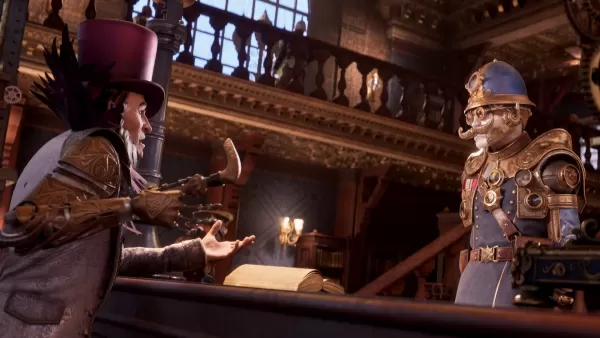
Fast-forward to Clockwork Revolution's Xbox Showcase reveal—InXile's steampunk RPG channels similar absurdity but with different intent. When an aristocrat fumbles his burglar description ("Muscular... no, slender! Mustached... wait, bigger mustache!"), it showcases flexible character creation rather than social commentary. Unlike BioShock's linear narrative, this is a full-fledged western RPG where your origins—be it orphaned Bookwarden or streetwise Gearsmith—shape a dynamically evolving world.
The trailer's dialogue options exemplify this perfectly. When players persistently antagonize shopkeeper Uncle Alfie by talking to his assistant Errol, the payoff is darkly hilarious: Alfie bashes Errol's head in with a candlestick while quipping "Brains! Wouldn't believe it if I didn't see it myself." This tonal freedom distinguishes Clockwork Revolution from more serious RPGs like Avowed or Torment: Tides of Numenera.
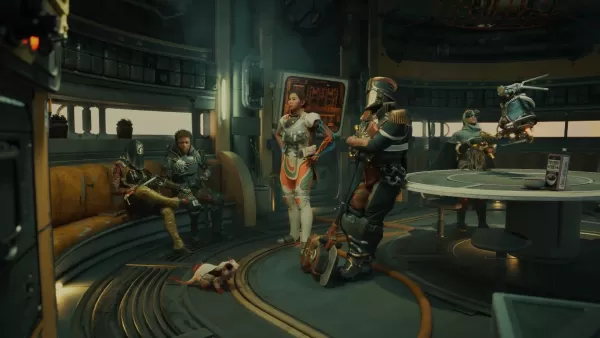
What truly excites me is how these games reward creative roleplaying. In Clockwork Revolution, I can't wait to confound robot constables by suddenly maxing Charisma skills—prompting suspicious queries like "Why so charming? Jilted lover situation?" Similarly, The Outer Worlds 2's Flaws system offers delicious dilemmas: accept Bad Knees for faster movement (at the cost of noisy joint cracks), or embrace Kleptomaniac impulses for better prices despite spontaneous thefts.
While the over-the-top tone might not suit every player, the brilliance lies in its optional nature. Nobody forces you to wield Outer Worlds 2's rhythm-based Spectrum Dance saber. These games prove that absurdity, when deliberately designed, can expand RPG possibilities rather than diminish them—keeping the genre vibrant through the power of choice.

![1xBet [Updated]](https://imgs.yx260.com/uploads/76/1719623227667f5e3be7616.jpg)


